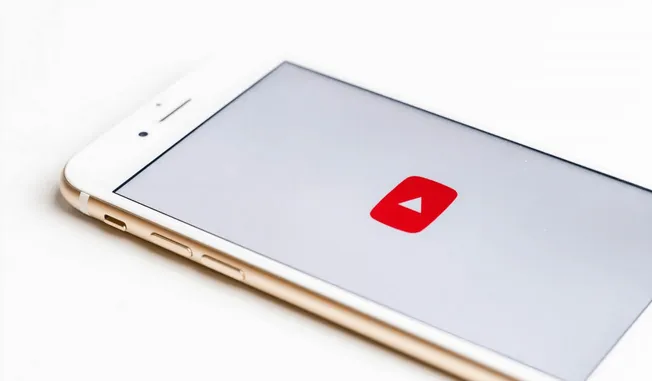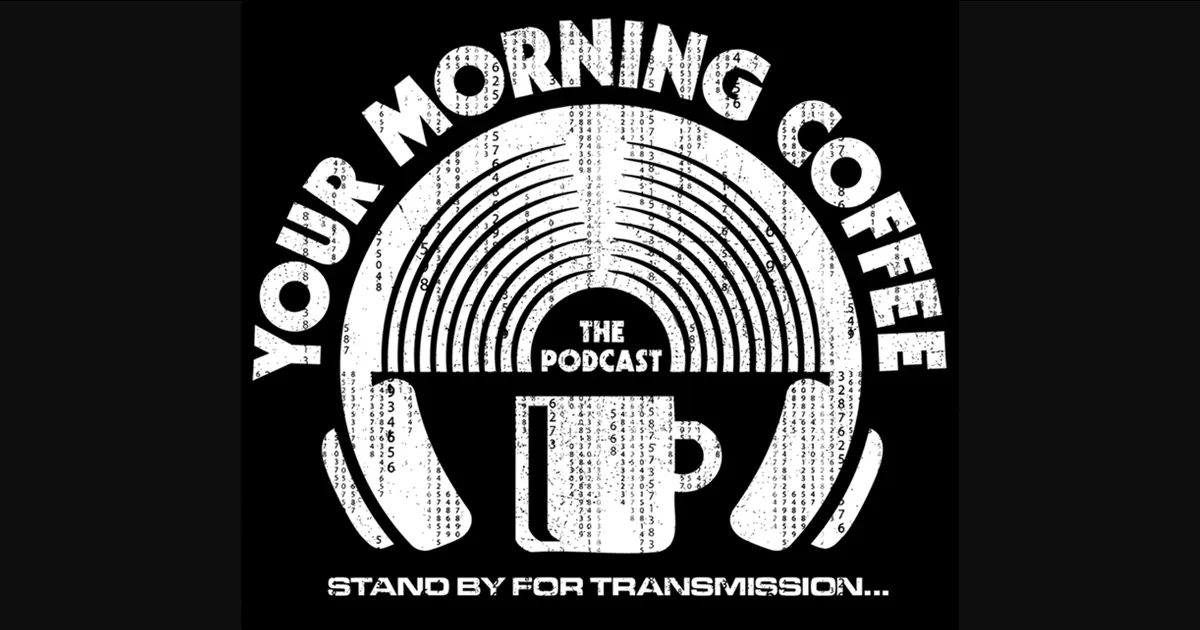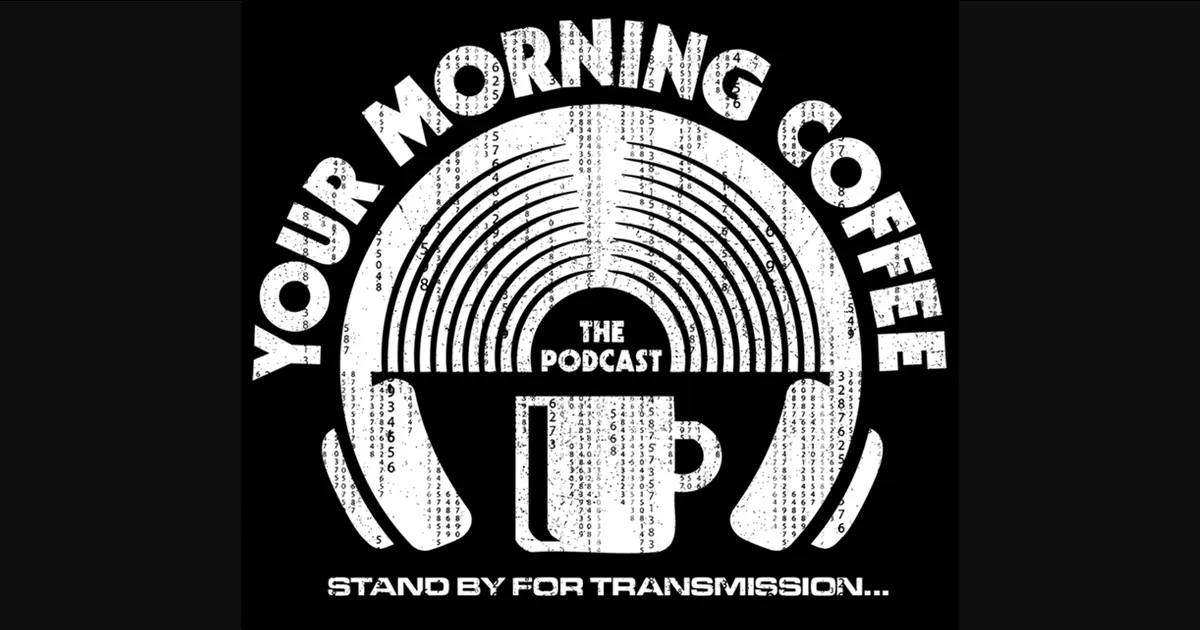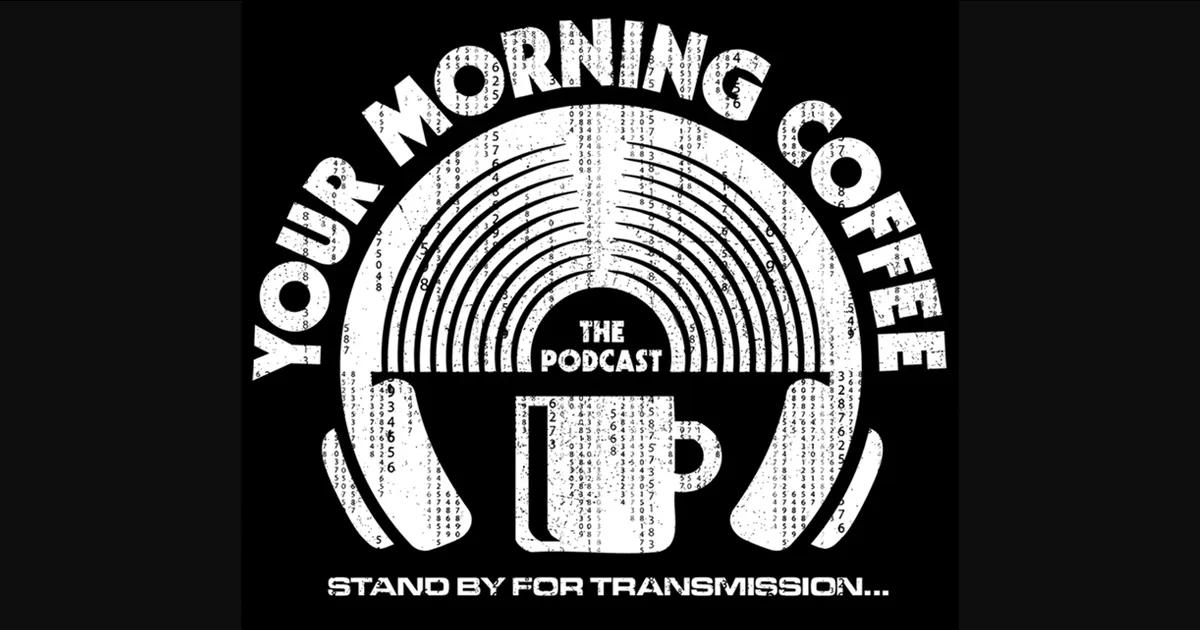You may have heard of the term Content ID, but what exactly is it and how does it work to protect your tracks?
A guest post by Horus Music.
Content ID is the $100 million system that YouTube have built and continue to develop to protect your work. It helps content owners find videos where their music has been used and set how they would like to act on the usage.
Content ID is only available to certain copyright owners who meet specific criteria. Horus Music is eligible for this on behalf of our artists and labels, which is a benefit of distributing your music with us.
Content ID is included in all of Horus Music’s distribution packages and can be chosen by selecting to deliver your music to either ‘All stores’ or ‘All stores excluding dance/electronic’ when uploading your metadata. We do not charge our artists/labels for this service, if you’re on one of our 100% royalties package you get 100% of Content ID revenue and we’re one of the only providers to offer this.
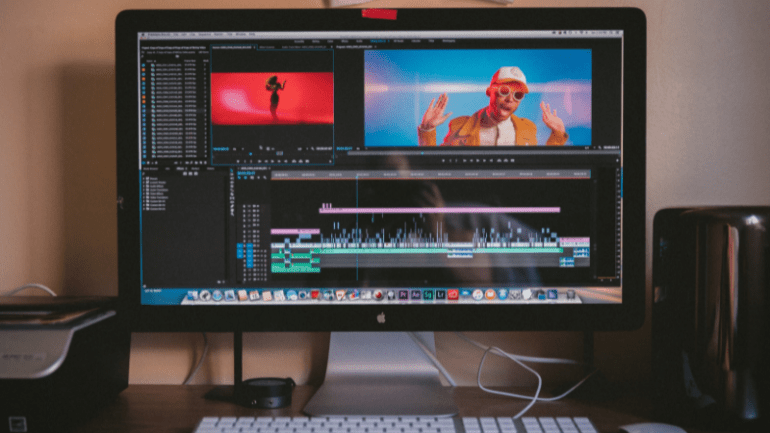
How does it work?
- Content owners give audio or video files that are used as references within Content ID. It is important to note that when Horus Music delivers your music to YouTube, we manage ownership of the copyright on your behalf. Any royalties that are generated then get passed onto you. As your distributor, Horus Music has a deal with YouTube whereby we are called the ‘Content Manager’. Artists remain the owner of their content, but this wording is chosen by YouTube.
- Content ID creates a fingerprint from the files. More specifically, YouTube creates an asset for this track that contains the audio file, which is known as a reference on their system.
- YouTube keep these fingerprints in a database.
- Content ID scans videos on YouTube against the fingerprints to see if there’s a match.
- Content ID can recognise audio, video and even melodies.
- When a match is found, Horus Music has 3 options:
- Block the video. Horus Music are able to apply a policy based on viewer location, so if there are territories you would like to exclude, just let us know.
- Monetise the video.
- Track viewer data to get detailed analytics, including the countries where that video is generating views.
Horus Music automatically chooses to monetise the videos. This means that the video remains live, but YouTube places adverts on it so that revenue can be generated which is then paid back to you via royalties.
How Can I stop my music being flagged by Youtube Content ID’s system?
If you do not want your music to be automatically flagged through Youtube Content ID’s system, you can contact your distributor to carry out a process called Whitelisting. Whitelisting your channel or someone else’s channel who would like to use your music means that no matches will be found through content ID for the requested channel. All you need to do is contact our distribution team and provide a URL link to the channel you would like to be exempt.
Our team can also manually remove claims. If a claim has been placed on your content and you would like it removed, please send our team a URL link to the specific video and we can release the claim for you.
How does Whitelisting improve issues with Content ID?
Whitelisting in terms of Content ID is a process carried out by your distributor where they add specific profiles or channels to an ‘allow list’ meaning the profile is exempt from the content ID’s claiming process. This can be applicable for Soundcloud, Youtube and Facebook where content ID systems are active.
You may want to use whitelisting in these circumstances:
- If you do not want your music to be claimed within content ID’s automatic system.
- You want to be able to manually upload your music to your personal profile or channel without matches being detected.
- You want to allow others to use your music on their profiles or channels without matches being detected.
To whitelist a channel, please contact our distribution team at ALR@horusmusic.co.uk including a URL link to the profile you would like whitelisted.
For Facebook and Instagram, please make sure you include the ISRC of the track you would like to be except from content ID’s system.
If my channel does not meet YouTube’s criteria (1000 Subscribers and 4000 hours of listening) but I deliver music through Horus Music, will I still be eligible for Content ID revenue?
Yes, Horus Music will deliver your release to Content ID regardless of the subscribers or listen time of your own channel. It is not even necessary for you to have a channel for us to deliver to Content ID. However, if you want to deliver to Content ID through your personal channel, these conditions will need to be met, which is another benefit of distributing through Horus Music because we can do it no matter the size of your channel.
What type of music will content ID accept?
Youtube content ID will accept most genres of music, so long as it does not contain any free beats or samples. They accept any music you own the exclusive rights to all elements of it.
What is a free beat/sample?
A free beat or sample refers to a pre-existing recording done by someone else that you have used in your composition without having to acquire a license. These can usually be downloaded from free beat/sample sites such as Youtube, Soundlick.com, BeatBrokerz.com and ReverbNation.com which give them away for free. As anyone can access them, you do not have the exclusive rights to free beats and samples.
What is the difference between created, paid for and free beats and samples?
It’s super important to distinguish the difference between created, paid for and fee beats/samples.
A created beat/sample is where an artist has solely composed and recorded with no exterior tools. This can be through DAW’s such as Logic or recorded using instruments, voice or other facets to create the sound they want. As the user has done this themselves, they are allowed to use their beats and samples to distribute to content ID.
Paid for beats/samples are where users have paid either a one off or subscription fee to use pre-made beats/samples. As the user has paid for this, they are entitled to use it within their work and this will be accepted by content ID. Paid sites such as Loopcloud, Splice and Producer Loops offer paid packages which anyone can pay for and use at their discretion. This can also cover beats and samples which you have acquired a verified license for giving you legal permission to use someone else’s work.
Free beats and samples as mentioned before, are pre-existing recordings done by someone else which are widely available to download at no cost. Whilst some platforms will accept music which contains free beats and samples, due to the way content ID’s claiming and payment system works, this is strictly forbidden. If you try to distribute music to content ID containing free beats and samples this is a breach of their rules and your music will not be delivered to their platform. If detected at a later date, your content will be removed.
Why might my music not be suitable for content ID?
Due to the strict guidelines set out by Content ID, our team must make sure to carefully listen to every release submitted to us if the content ID services are selected. There can often be no audible difference between created, paid and free beats/samples so your music may get pushed back to you for verification to ensure you are not in breach of content ID rules. This policy is in place to protect your music and make sure you are only releasing your music where you are legally allowed to.
It’s important to note that free beats and samples don’t necessarily just refer to electronic music, it is possible to span across all genres so if your music contains a generic synth sound, drum beat or vocal loop, it’s important to be aware that you may get asked to verify where this came from if choosing to deliver your music to content ID.
If I get asked for proof of ownership by my distributor, what does this mean and what can I provide?
If your distributor asks you for proof of ownership, this means that they are wanting you to verify where your music has come from. Usually, we are looking for you to provide us with evidence of if your music is created, paid for or utilises free beats and/or samples.
You can provide proof of ownership in numerous formats, the most common being a screenshot of your DAW used to create the release. If you have paid for the beats/samples used within your release, you can provide a link to the site you used along with a copy of the payment receipt. This is also applicable if you have acquired a verified license for the material used within your music. If you have used free beats and/or samples, you will be asked to amend your services list to exclude content ID as this is a breach of their rules.
In some cases, we may not be able to distribute your release to content ID even if you feel the evidence you have provided is sufficient. If you are informed that this is the case, please note these decisions are final and in place to protect our ability to deliver to stores.
If you’re unsure what you should provide your distributor with or they ask for more detailed information, here at Horus Music we’re always on hand and happy to help. Our priority is our customers and ensuring we are delivering your music to as many platforms as possible to get your music the global reach it deserves.
My Music has been flagged by Youtube Content ID’s, what do I need to do now?
If you are happy for the match to take place, you do not need to anything as your distributor will automatically collect the royalties for you which are earned through the claims placed on your content. Matches may happen multiple times on a release and the more matches detected, the more royalties you will earn.
If you want to remove the match, you can contact your distributor to either manually remove the claim or whitelist your channel. As content ID’s claiming process is automatic, it’s important to understand that you and your distributor do not have any control over when or if a match is found through content ID. Whitelisting your channel will exempt claims from being placed on your content, including any future content delivered to your channel. Removing the claim will simply release the claim which has been placed on your content but will not exempt you from future matches taking place.
To whitelist your channel, you need to contact your distributor with the URL link to the profile you would like to be whitelisted.
To remove a specific claim, you need to send your distributor a URL link to the release which has had the claim placed on.

